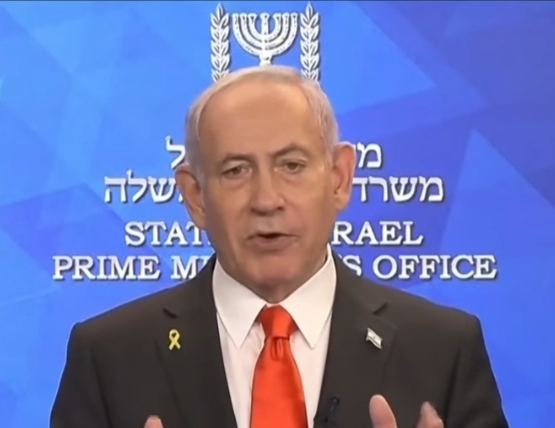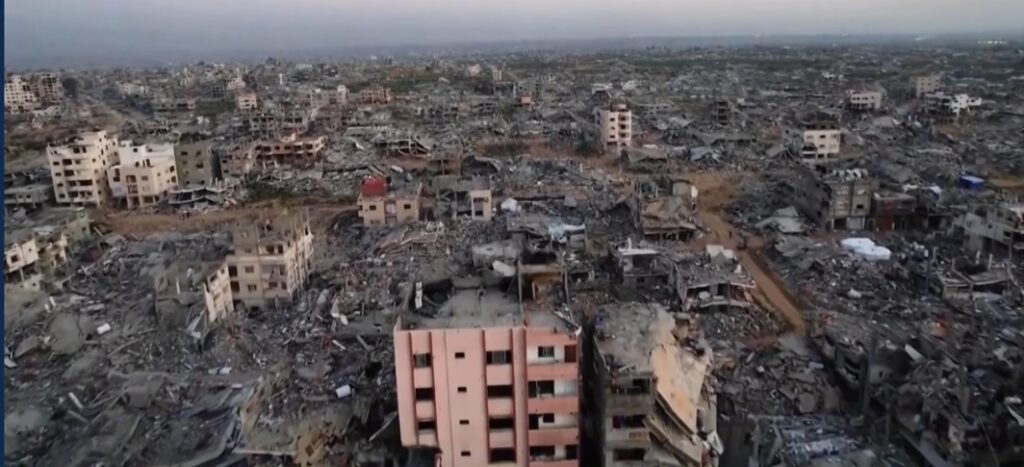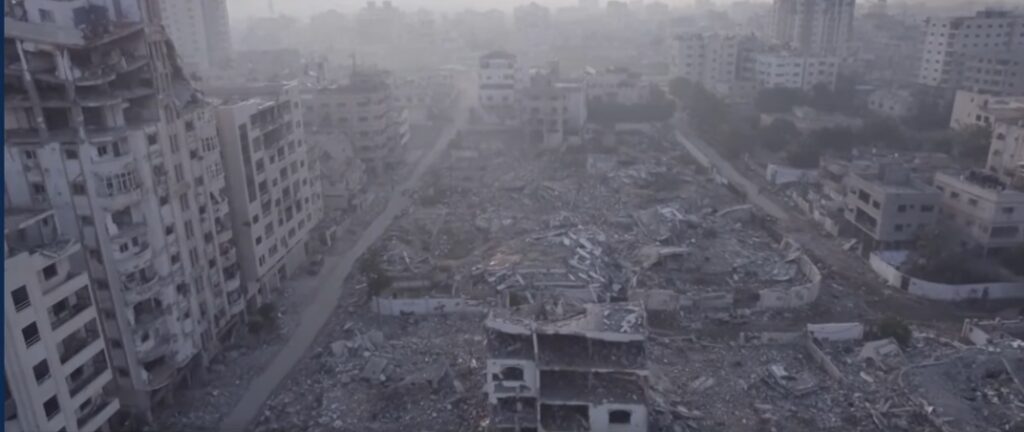


NEW DELHI: The New York Times on Tuesday carried a write-up by its correspondent Roger Cohen on how Israel is at war with itself. Here is the write-up:
Two years after Hamas’ Oct. 7 attack, Israel is torn. Its war in Gaza has killed tens of thousands of Palestinians. But it has not freed all Israeli hostages from Hamas, and the trauma lives on. An expanding settler movement has left Palestinian aspirations for statehood in tatters. And endless war has left Israel divided and more isolated than before.
On a recent visit to Israel, I found a country consumed by doubt. That was before the latest negotiations had begun to potentially free the hostages, and, perhaps eventually, end the war. Since those conversations have begun, the country is even more on edge.
Israel is at war with Hamas. But it is also at war with itself.
Two traumas
The longest war of an endless Israeli-Palestinian conflict has come to challenge Israel’s image and understanding of itself. Its military has killed more than 67,000 Palestinians, according to local health officials, raining down such destruction on every aspect of life in Gaza that much of the world accuses it of genocide. Antisemitism is on the rise.
For Palestinians, a statehood that more countries have recognized of late remains a remote aspiration, at best. That is the immovable issue at the heart of war after war.
Trump, shrugging off more than a century of failed Western interventions in the Middle East, has proposed a form of tutelage over Gaza that posits prosperity “crafted by well-meaning international groups” as a “pathway” to peace.
But Trump’s idea of turning Gaza into a coastal business emporium with “preferred tariff and access rates” and a marginal Palestinian role in governance seems at once demeaning to the people who live there and unlikely to work.
Displacement and the quest for a homeland are, of course, intrinsic to the intertwined fates of Israelis and Palestinians. The Holocaust and the 1948 Nakba, or catastrophe, in which some 750,000 Palestinians were driven out during Israel’s War of Independence, vie for greater weight on the sterile scales of competitive victimhood. By rekindling nightmarish memories of these disasters, the Oct. 7 attack and retaliatory war in Gaza have pushed the two sides deeper into enmity.
‘We see Netanyahu’s government as our enemy’
Arab neighbors speak of an imperial Israel after Netanyahu’s decapitation of Hezbollah in Lebanon and blow to Iran’s nuclear program. But in Israel, there is little sense of triumph.
Rather, Israel has found its weakest enemy, Hamas, the most intractable, perhaps because defeating an idea is never easy. The effort has left the country debating whether it has lost its way and its ideals.
Israeli and Hamas negotiators held talks in Cairo yesterday about a possible swap of Israeli hostages in Gaza for Palestinians in Israeli prisons. An estimated 20 hostages — and the corpses of 25 others — have been held in Gaza for more than 725 days.
Nimrod Cohen is among them. He recently turned 21. Every few months, his mother, Vicki Cohen, and her husband, Yehuda, receive “signs of life” communications from the Israeli military.
Hundreds of thousands of Israelis, including the Cohens, have taken to the streets to demand that the government recognize the nation’s anguish and prioritize the hostages’ release.
“We see Netanyahu’s government as our enemy,” Nimrod’s father told me. “He’s only prolonged the war so he can survive.”
The only way to end the war, he believes, is for Trump to force Netanyahu to do so.
I asked the Cohens how they feel about their nation today. “I don’t want my country to be a country that rules others,” Nimrod’s father said. “I don’t want to live in a country whose international borders are not declared and recognized. I want to live in a normal country.”





